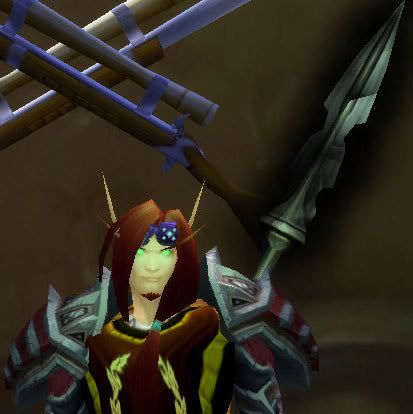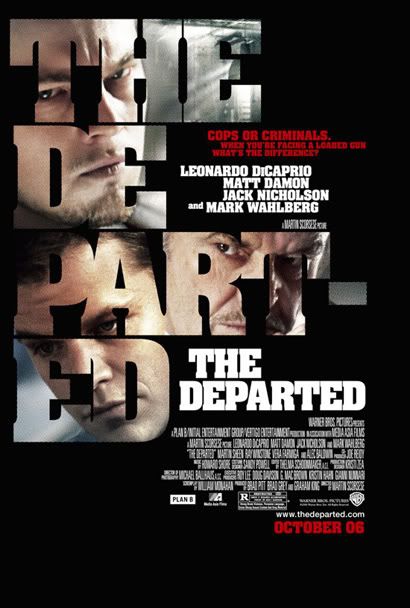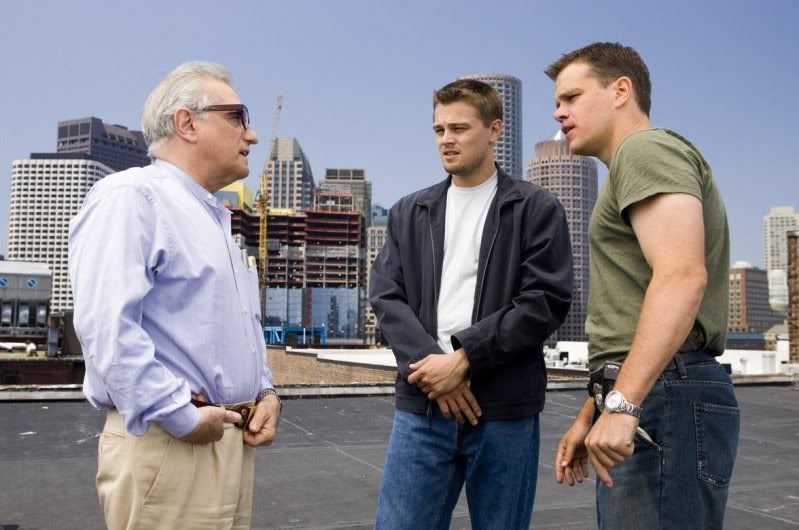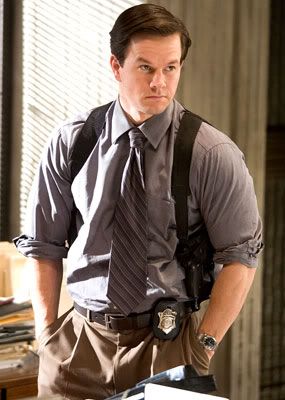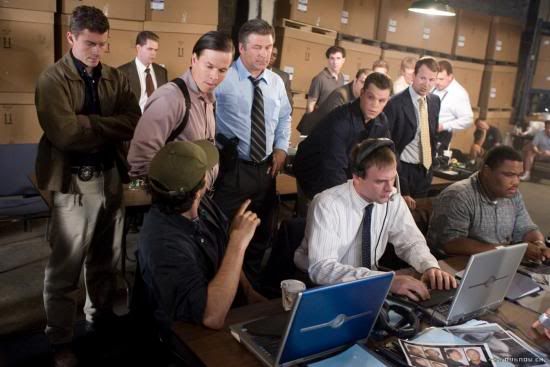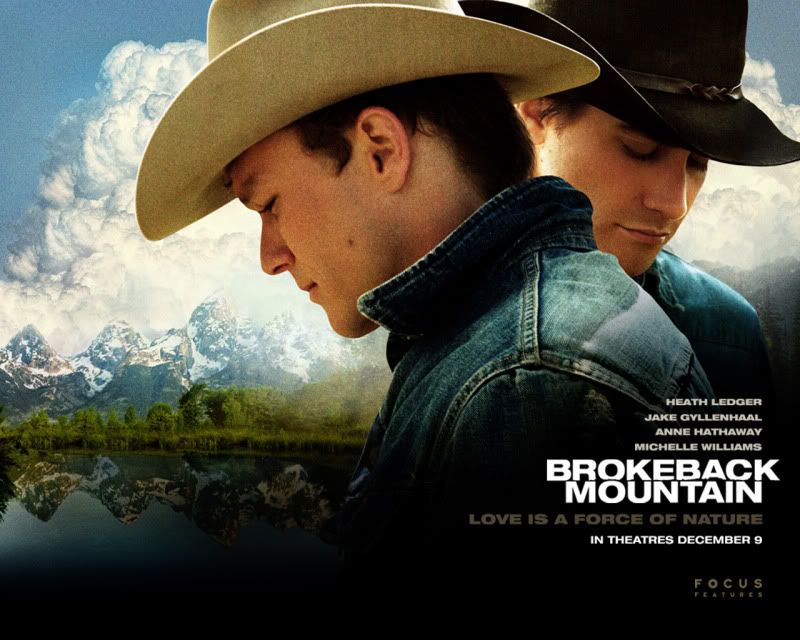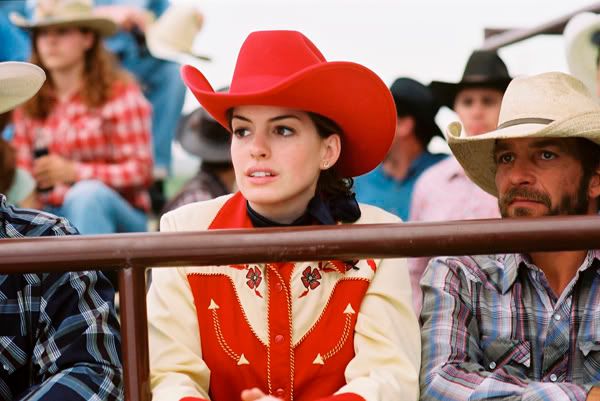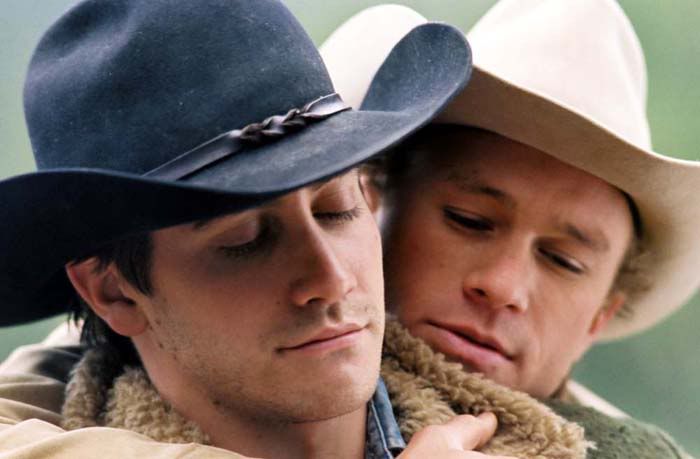
[audio:http://www.blueinkalchemy.com/uploads/dragontattoo.mp3]
Ever since I introduced the poll that lets fine people like you chime in on which movie gets ‘the treatment’ every week, one film has consistently and patiently waited its turn. I knew of its existence, heard it was extremely well-done and of interest for many reasons, including the fact it’s an adaptation of a novel. It finally won this past week, and I sat down to watch it last night with little to go on save knowledge of its long-form fiction origins, the sentiment that its plot is difficult to encapsulate (which it is, I only got my synopsis down after a half-dozen attempts), the touting of its female lead and the warning that this movie is long. At two and a half hours, The Girl With the Dragon Tattoo certainly devours your evening, but considering that I was never bored, always intrigued and eager to find out what happened next, I’d call it an evening well-spent.
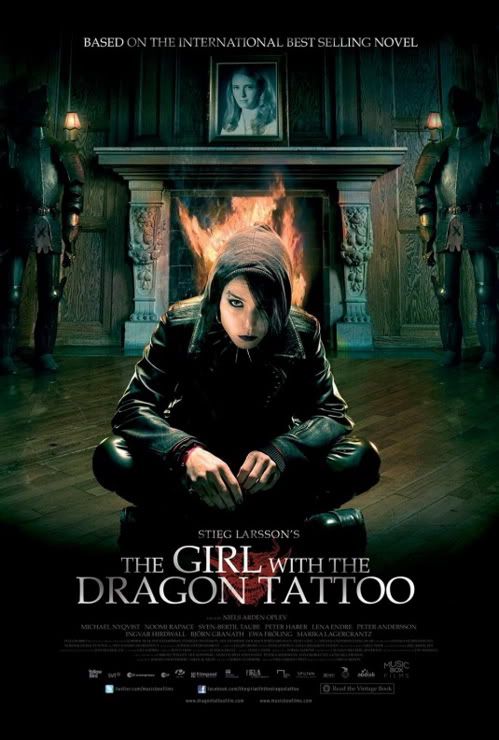
The story begins with the conviction of Mikael Blomkvist, an investigative journalist accused of libel by a powerful industrialist. While Blomkvist suspects he was framed, he knows he can’t fight the industrialist’s legal team alone and resigns himself to spending some time in jail. Before his sentence begins, however, he is contacted by the reclusive patron of a powerful family living on an island off the coast. The old man’s neice, his favorite girl, has been missing for 40 years and he wants Blomkvist to find her. He finds himself drawn into a tangled web of tense relations and dark secrets, but he doesn’t start putting the pieces together until he gets a tip from a girl who’s been hacking his laptop – the girl with the dragon tattoo.
The novel upon which the film is based was originally titled Men Who Hate Women. It’s a dark story, superficially reminiscent of thrillers like Silence of the Lambs and Seven, or crime dramas like L.A. Confidential or Mulholland Drive. Moreover, the notion of a crime in a remote location with a limited number of suspects with intricate connections is evocative of even older dramas, those penned by Agatha Christie or Sir Arthur Conan Doyle. Despite the prevelance of computer hacking and other modern trappings, there’s something seriously old-school about this yarn. Not many movies these days make a character going through old non-digital archives a gripping scene.
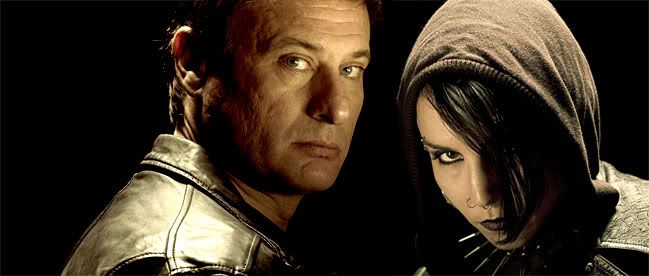
Not your typical heroes.
While we’re on the subject of characters, the emphasis on their reality and dimensionality is clear. The protagonists are never invincible and the antagonists are never cartoonish. Conclusions are reached and actions are taken for reasons that are not contrived or convenient. It keeps the story very grounded and surprisingly immersive. You lose yourself quickly in these peoples’ lives, especially when it comes to Blomkvist and Lisbeth. Blomkvist is a decent guy with a good head on his shoulders and a deep hunger for the truth that lies at the heart of any good and true journalist, but while he’s the gateway into the story, he’s definitely not its star.
The girl of the title, Lisbeth Salander, is a haunted, driven, asocial and violently independant young woman. Her actions, attitude and outlook are informed by a past that has lead her into being kicked around by the mental health and social authority systems. Being told who to be and how to act for years has left Lisbeth fiercely determined to make her own way. Actress Noomi Rapace never throttles back on Lisbeth’s intensity. Everything she does, every move she makes, has determination and purpose. Despite the tendency for the older gentlemen in thrillers and dramas to play chess with the lives of others, at this table, Lisbeth is Bobby Fischer and most other people aren’t sure of how the knight is supposed to move.

As much as I like Wonder Woman, Lisbeth’s a much more interesting “heroine.”
(Anti-heroine?)
Something that struck me as odd is that this movie seems to be completely uninterested in the gravity of its own subject matter. It’s taking on things like misogyny, child abuse, indoctrination and rape but it never does so to the point of belaboring or dwelling overmuch on the matters. These things just happen, and the characters need to deal with them. It’s a slow burner, in that scenes take time to set up and pay off but never fall into the realm of uninteresting exposition. It’s detailed and meticulous, never taking our intelligence for granted. It might not have been necessary to go into as much depth as it does initially setting up the backgrounds and underlying motivations of the duo tackling this bizzare and ultimately disturbing case, but I feel this decision was rooted in the source material. I haven’t read any of Stieg Larsson’s work, but I get the impression the filmmakers were as faithful to the novel as possible. I really can’t fault them for that, but I’m also aware that not everything in a novel is necessary for a story on film to work.
The foundation of this film and its success, however, isn’t just the late novelist’s work, it’s the reality of its characters, settings and situations. From the way Blomkvist looks and behaves to the fact that Lisbeth uses a Mac with software we recognize instead of some sort of magic device as computers are often seen in American media, The Girl With The Dragon Tattoo tells its story without hyperbole or hooplah. It’s not overtly romanticized or saddled with trying to fit into a particular genre for convenient marketing. It’s straightforward storytelling driven by characters that are well-rounded in their writing and excellently portrayed by their actors. Available via Netflix’s instant service, I’d recommend this for any fan of crime drama, good character development or foreign films. And you should definitely see this version if you’re a fan of the novels, because Hollywood has gotten their claws on it and are making their own version. I expect it’s going to have more beautiful people, more bombastic music and more telegraphed dialog in it, but I’ll try not to hate it on principle. Other Americans have the hate market cornered and I really don’t want to step on their toes. They have guns.
Josh Loomis can’t always make it to the local megaplex, and thus must turn to alternative forms of cinematic entertainment. There might not be overpriced soda pop & over-buttered popcorn, and it’s unclear if this week’s film came in the mail or was delivered via the dark & mysterious tubes of the Internet. Only one thing is certain… IT CAME FROM NETFLIX.


